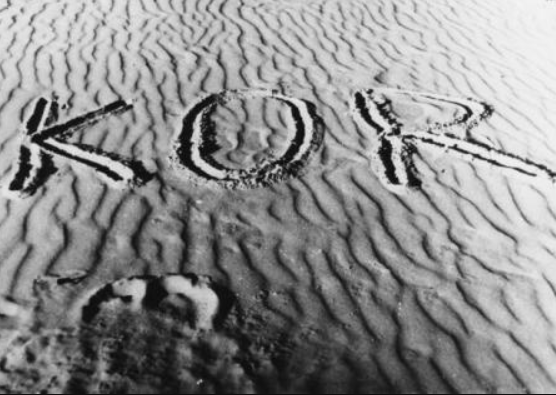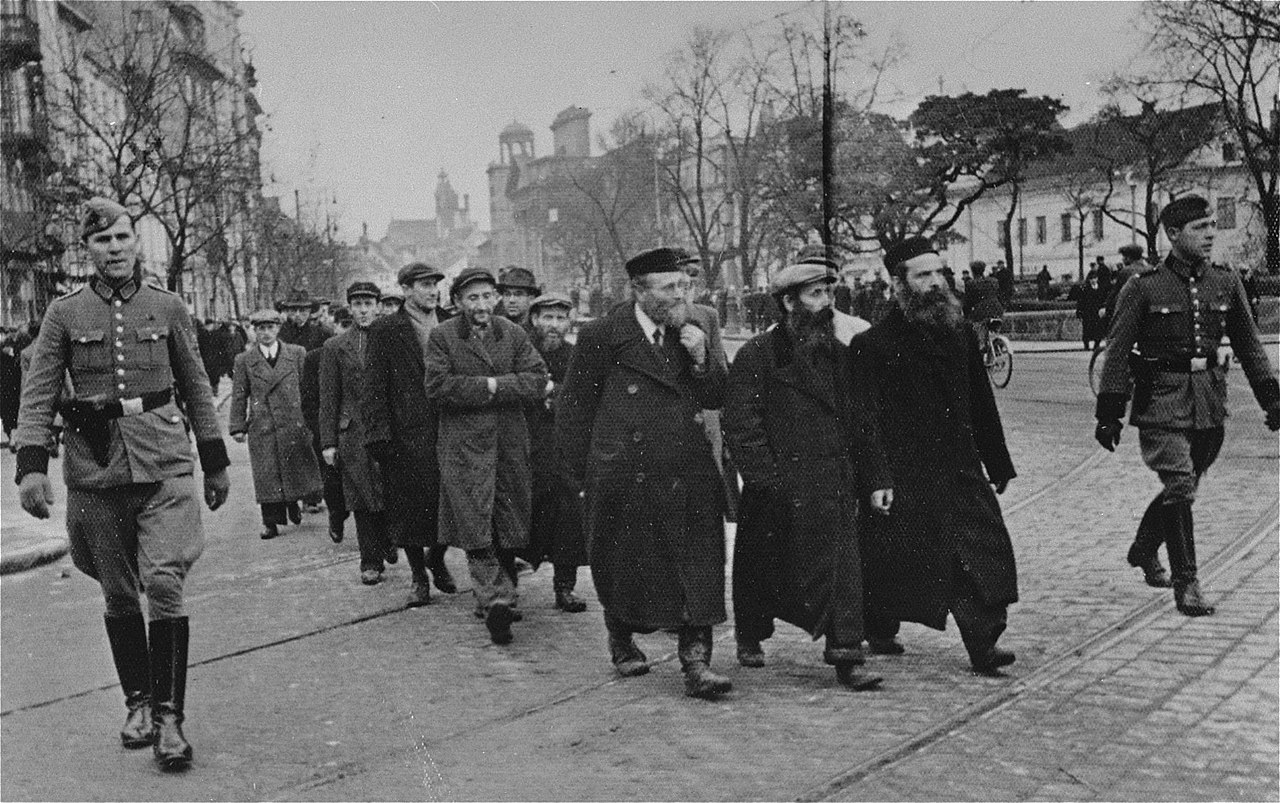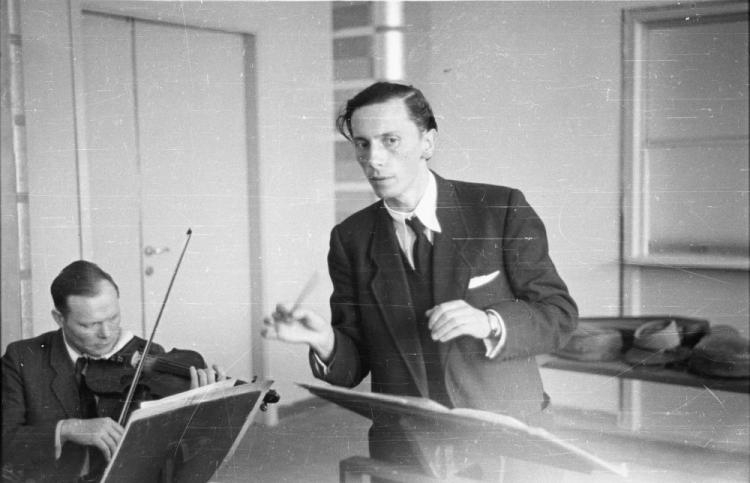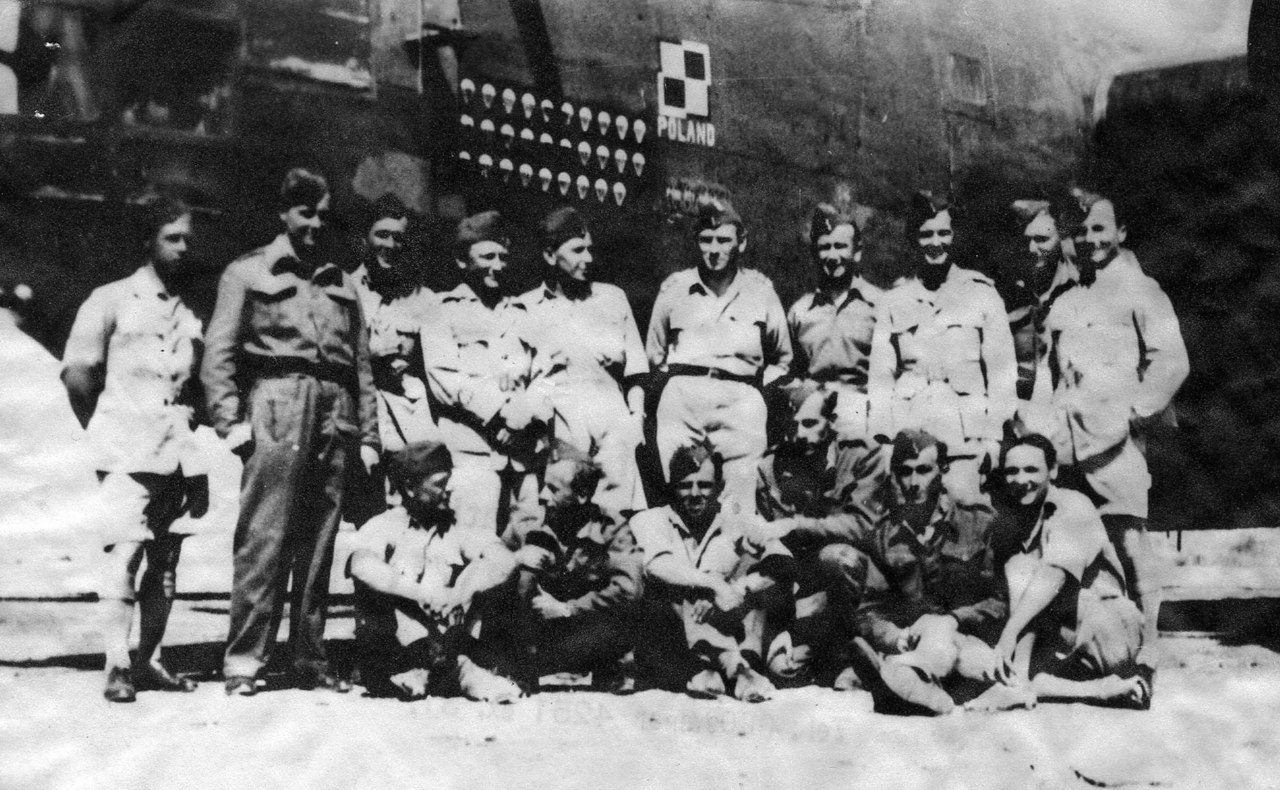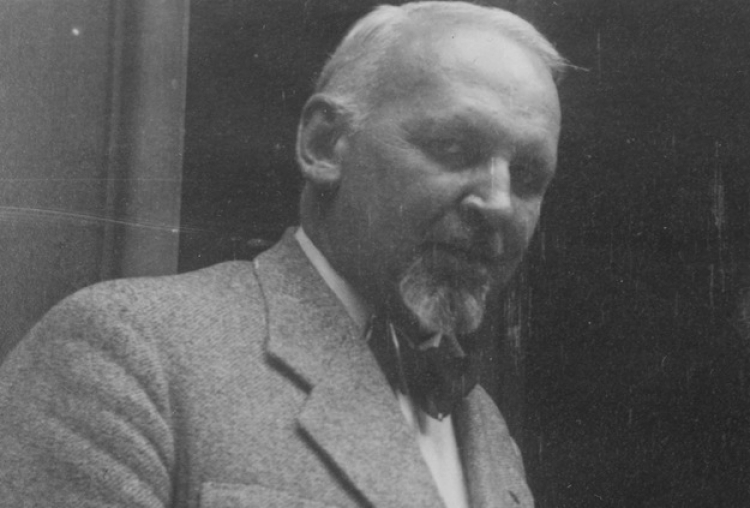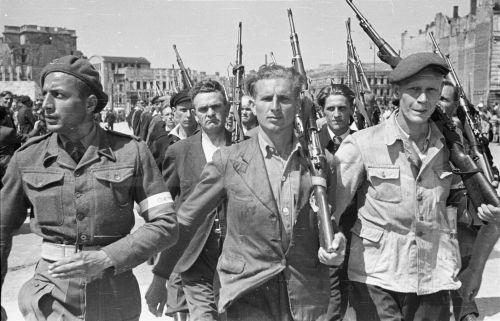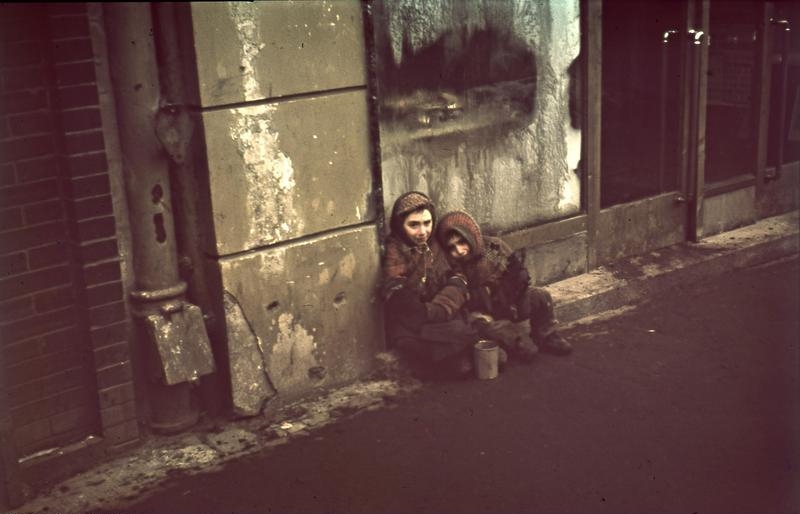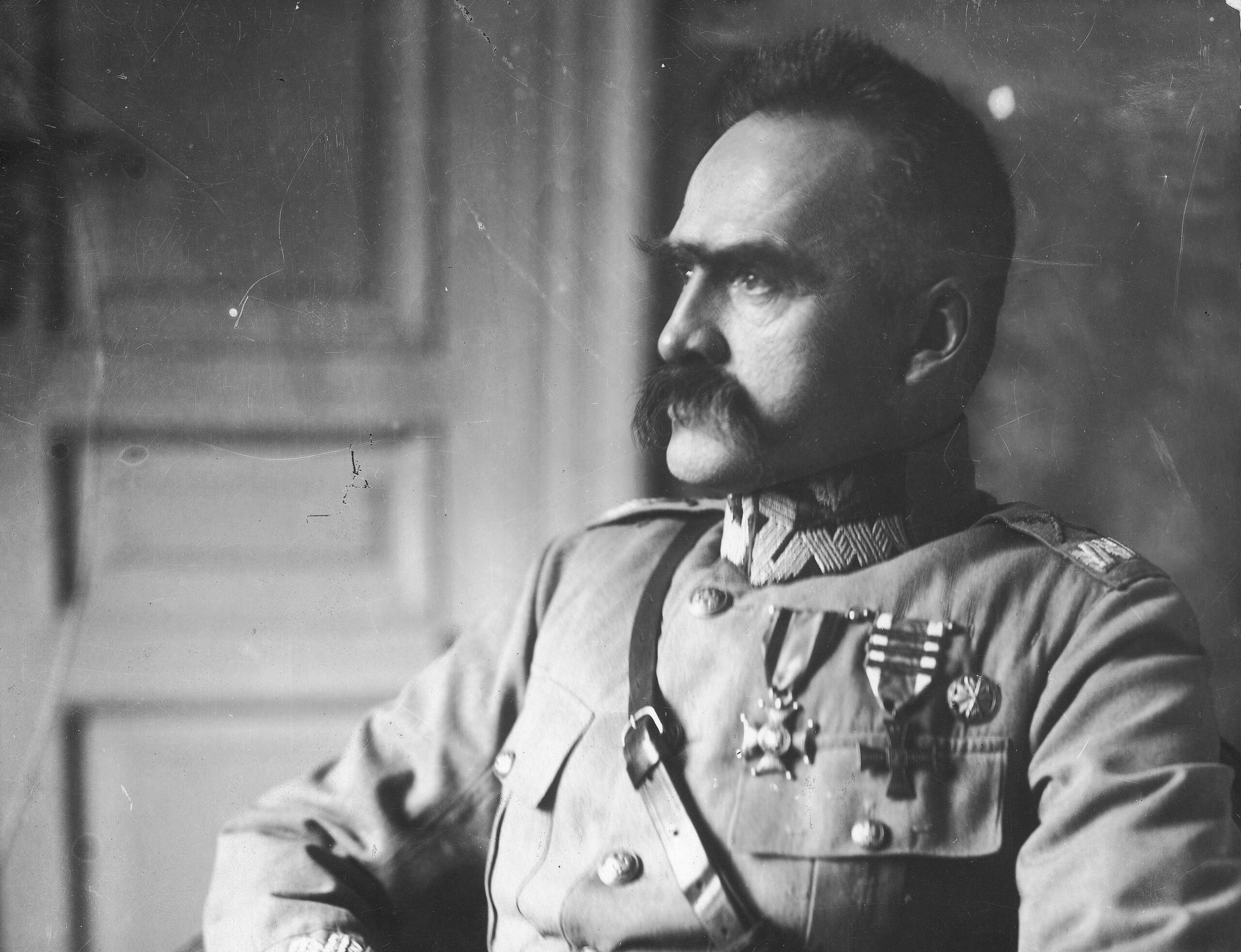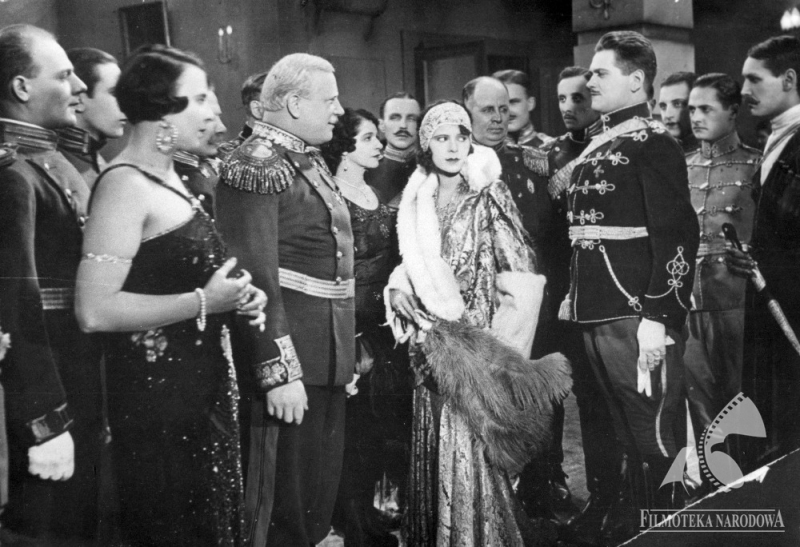
A History of Polish Theatre
Poland is celebrated internationally for its rich and varied performance traditions and theatre histories. This groundbreaking volume is the first in English to engage with these topics across an ambitious scope, incorporating Staropolska, the Polish-Lithuanian Commonwealth, the Enlightenment and Romanticism within its broad ambit. The book also discusses theatre cultures under socialism, the emergence of...

